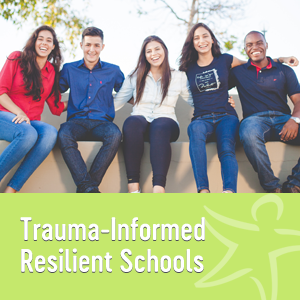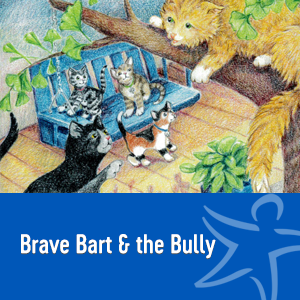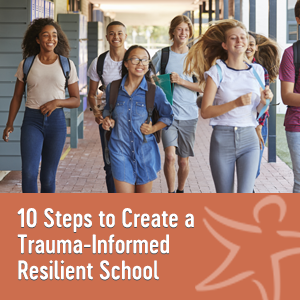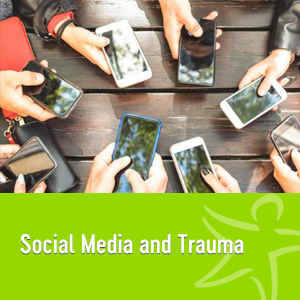You don’t have to be a victim to experience trauma. Trauma can be experienced by those who witness traumatic events. Relatives or peers of the victim are at risk as well. You can even experience trauma by listening to the details of an event on the news or by someone telling you their traumatic story. The victim, the bully, and witnesses feel the themes of trauma. Look at these common feelings experienced after traumatic events and notice the ways in which they are similar and different:
The Victim
- Terror - Scared for one's safety/one's life.
- Powerlessness - Unable to do or say anything to stop the current situation.
- Hurt - Physical and emotional hurts from being bullied physically/verbally.
- Fear - Never knowing if/when bullying is going to happen next.
- Anger - Anger at the bully, anger at self for not being able to do anything to stop it.
- Revenge - Wanting to "get back" at the person who bullied.
- Victim Thinking - I am no good and nobody likes me.
The Witness
- Terror - Scared for the victim's safety/life.
- Powerlessness - I can't protect others, how can I protect myself?
- Hurt - Viewing physical and emotional abuse.
- Guilt - I'm okay but he/she is not.
- Fear - Is it going to happen again? Could it happen to me? If I help will I be outcasted too?
- Anger - Mad that the victim "takes it." Angry that the bully "bullies."
- Revenge - Wanting to "get back" at the person who bullied.
- Victim Thinking - I could be next. I'm no good for not stopping the bullying.
The Bully
- Terror - I'm out of control.
- Powerlessness - I can't stop what I am doing.
- Hurt - Physical hurts from bullying behaviors.
- Fear - I have to stick up for myself.
- Anger - I am angry with the victim for "making me do it."
- Victim Thinking - I'm too stupid not to fight.
FOCUSED FOLLOW-THROUGH
The experience of bullying is often underestimated. However, brain imaging studies have documented that the intensity of the emotional pain and hurt that bullying elicits activates the same brain pathways linked to physical pain. Bullying increases rates of anxiety, depression and panic and can leave a harmful imprint on children into adulthood.
Help survivors cope, as soon as possible, after the bullying occurs. What can you do?
- Show the child that they are not alone. Be present. You may not be able to offer them immediate solutions but listen closely to what they have experienced.
- Normalize and validate the child’s reactions to the experience. Don’t minimize what happened. Don’t get hysterical either – remain calm and let them share their perception of the experience with you.
- Remember, it is their experience, not yours.
- Identify connections. Who is the child connected to at home (parents, siblings, cousins), school (peers, teachers, coaches) and in the community (neighbors, spiritual leaders, boys and girls club mentors)?
- Create or restore identified connections to provide a sense of belonging.
- Engage the child in activities that they enjoy and are good at to further support belonging and provide a sense of mastery of their skills.
- Teach the child how to identify and name reactions to overwhelming feelings such as anger or sadness. Provide and practice strategies that help the child regulate these emotions.
FOCUS FURTHER
Learn from Starr Director of Professional Training and Coaching Kathryn Hart about the most important factor for reducing bullying in schools:
To learn more about bullying and trauma, consider these offerings from Starr Commonwealth.
